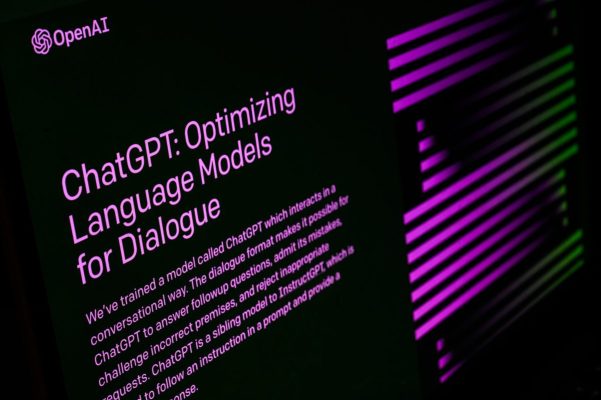
In an era where digital banking solutions are rapidly evolving, Simple, a prominent fintech company, has strategically relaunched its teen pilot program. This initiative aims to equip the younger generation with essential financial management tools, preparing them for a future where digital transactions are the norm. With financial literacy becoming increasingly vital, this move underscores Simple’s commitment to fostering responsible financial habits early in life.
The relaunch of the teen pilot is a response to growing global trends in digital banking and financial inclusion. According to a 2023 report by the World Bank, nearly 1.7 billion adults worldwide remain unbanked, with a significant portion of this demographic being young individuals. Simple’s initiative is a step towards bridging this gap, enabling teenagers to access banking services and understand financial systems, which are predominantly digital.
Designed with the digital-native generation in mind, the teen pilot offers a suite of features tailored to the unique needs and preferences of teenagers. These include:
- Customizable Spending Limits: Parents or guardians can set and adjust spending limits, providing a controlled environment for teenagers to learn money management.
- Real-Time Notifications: Instant alerts for every transaction, fostering transparency and allowing both teens and parents to track spending habits.
- Educational Tools: In-app resources that offer insights into budgeting, saving, and investing, empowering teens to make informed financial decisions.
- Secure Environment: Advanced security features to ensure the safety of personal and financial information, aligned with global digital security standards.
The relaunch is particularly timely as the fintech landscape undergoes significant transformations. With the rise of decentralized finance and cryptocurrency, there is an unprecedented shift in how financial services are accessed and utilized. Simple’s initiative is a proactive measure, ensuring that the next generation is not only included in this digital financial revolution but is also equipped to navigate it effectively.
Moreover, this program aligns with broader educational trends where financial literacy is becoming a core component of curricula worldwide. Countries like Australia and Canada have already integrated financial education into their national education systems, recognizing the importance of equipping young people with the skills to manage personal finances in an increasingly cashless society.
Simple’s teen pilot also reflects a growing recognition among fintech companies of the importance of corporate social responsibility. By focusing on the financial empowerment of young individuals, Simple contributes to building a more financially literate society, which is crucial for sustainable economic growth.
However, the success of such programs hinges on effective implementation and continuous adaptation to technological advancements and user feedback. Simple has committed to iterating on its pilot program based on user insights, ensuring that the platform remains relevant and effective in addressing the evolving needs of its users.
In conclusion, the relaunch of Simple’s teen pilot represents a significant stride in the fintech sector’s efforts to promote financial inclusion and literacy. By targeting the younger demographic, Simple not only positions itself as a forward-thinking company but also plays a pivotal role in shaping the financial behaviors and attitudes of future generations. As the pilot unfolds, it will be imperative for stakeholders, including educators, parents, and policymakers, to collaborate and support initiatives that prepare young individuals for the complexities of modern financial systems.















